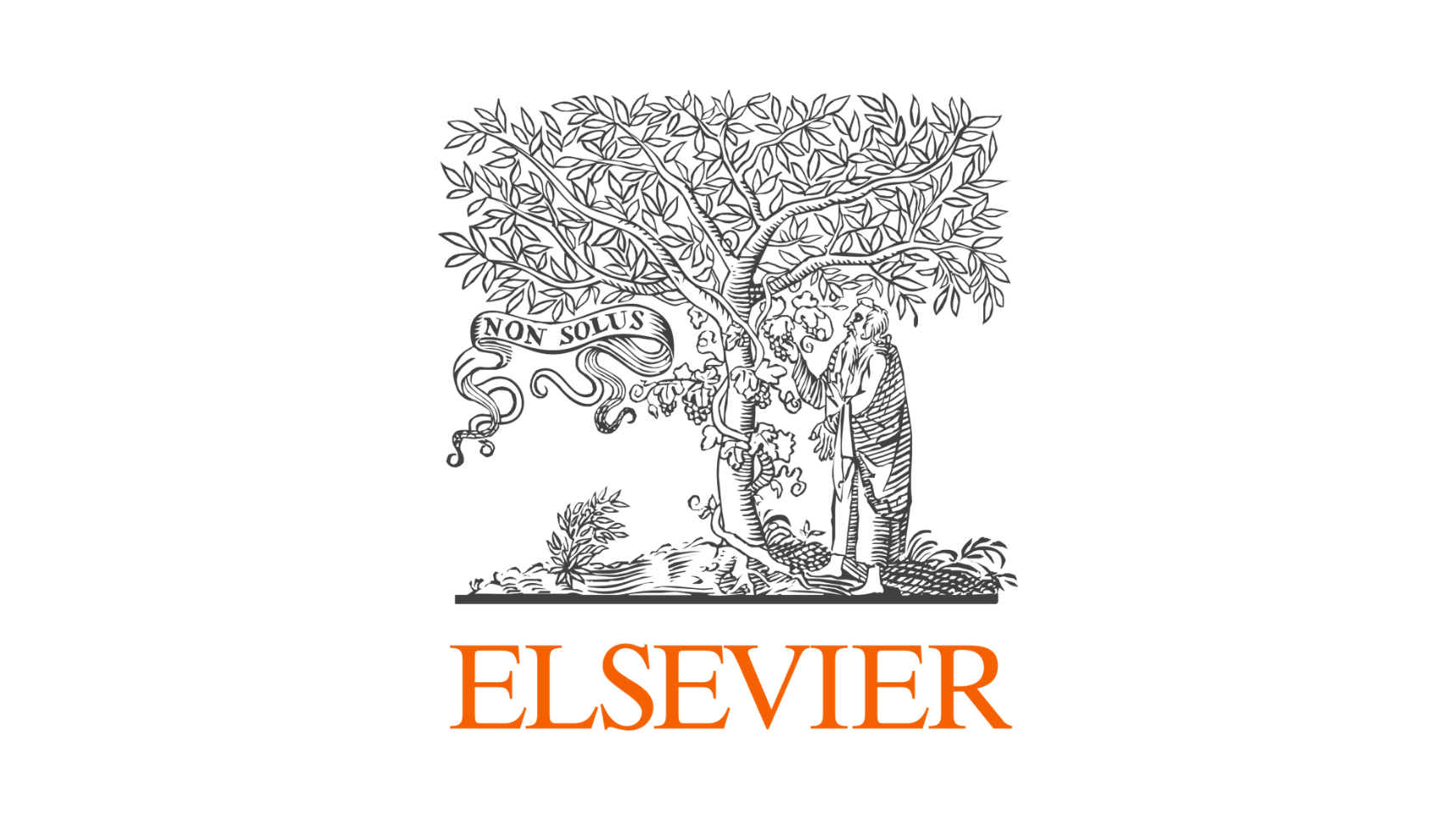The Elsevier Data Repository has unveiled its latest compilation of the world’s most influential scientists (top 2%), offering a comprehensive view of academic impact across disciplines. This publicly accessible database (DOI: 10.17632/btchxktzyw.7), updated with Scopus data from August 2024 and in collaboration with the University of Stanford, provides a nuanced picture of scholarly influence, measuring both career-long achievements and single-year impacts.
The study’s methodology categorises researchers into 22 broad fields and 174 sub-fields, with percentile rankings for those boasting at least five publications. The selection is based on the top 100 000 scientists by the index c-score (a comprehensive gauge, factoring in the total number of citations received for papers where the scientist is the single, first, or last author, emphasizing the impact of their published work) or a percentile rank of 2% or above in the sub-field. The Centre for Environmental and Marine Studies (CESAM) has emerged as a notable hub of influence, registering 18 scientists among the world’s most impactful in 2024, towards a higher prominence in environmental and marine research.
CESAM’s list of distinguished researchers spans both the single-year and career-long impact categories, and includes the members: Adelaide Almeida, Alisa Rudnitskaya, Amadeu Soares, Ana Silva, Armando Duarte, Artur Alves, Bruno Nunes, Célia Alves, David Carvalho, Frank Verheijen, João Pinto da Costa, Luís Tarelho, Miguel Oliveira, Mónica Amorim, Ricardo Calado, Rosa Freitas, Rosário Domingues and Teresa Rocha-Santos.
As the world grapples with pressing environmental challenges, the work of these researchers takes on added significance, potentially shaping policies and practices far beyond academia. CESAM’s scientific coordinator, Prof. Amadeu Soares, comments that this is one of the many instruments of assessing the positive impact of the research of CESAM members.
